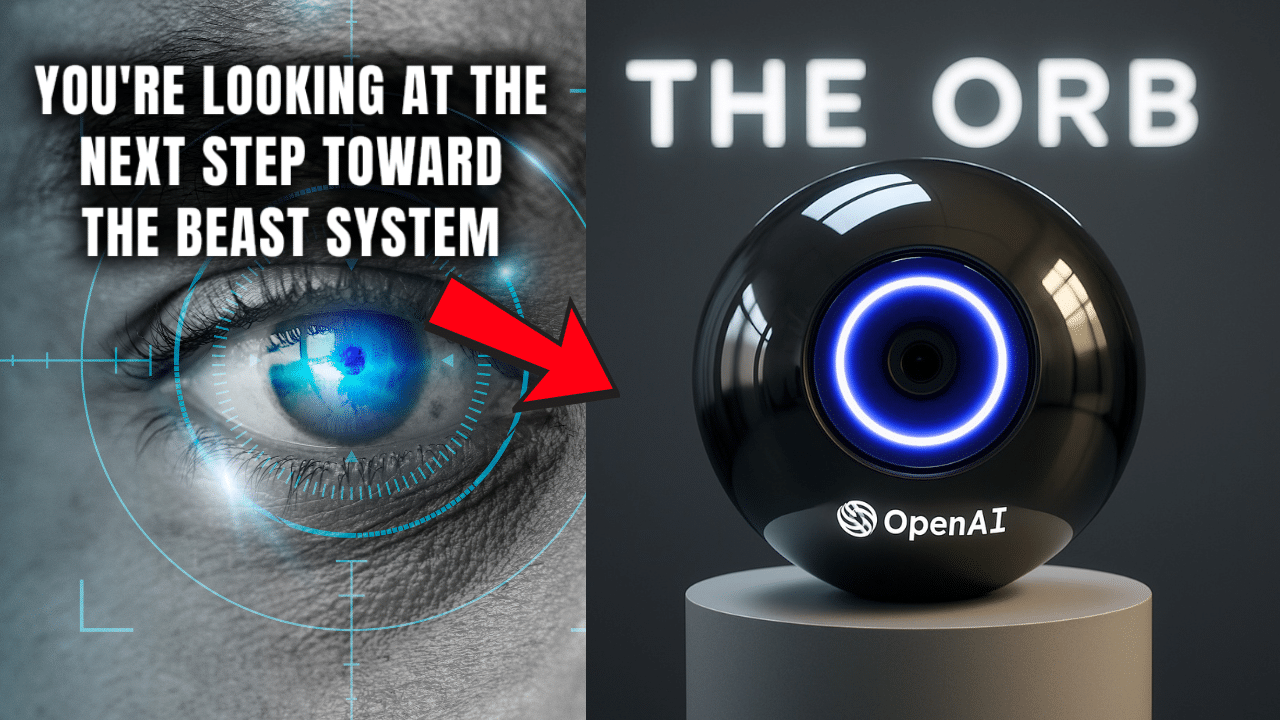Bereaved pet lovers have been cloning their favorite animals after death to give them a new life through a UK lab which is ‘Europe’s only one of its kind.’
From kittens to stallions, animals are now being given a second shot at life in an inconspicuous building at a farm in Shropshire. Gemini Genetics has only been cloning pets since 2019 after starting out as a firm specializing in artificial insemination to breed show horses.
Since cloning their first ever pet – a ginger Maine Coon cat – they’ve seen rising demand from animal lovers who want to have their pets genetically replicated, with around 1,000 animals now cloned each year.
“The first thing people tend to think of when they hear the word ‘cloning’ is Dolly the sheep,” lab manager Lucy Morgan told The Mirror, referring to the 1997 breakthrough in genetic science.
“But the technology is now a million miles away from Dolly. The efficiency has come on leaps and bounds.” Gem, the firm’s on-site friendly cocker spaniel, is a cloned dog who started life as a piece of another dog’s ear tissue.
Lucy revealed that, while only a dog, the similarities to her original are clear to see. “Her personality is slightly different, but she does the same curl to her lip I’ve noticed.”
Also on-site is stallion Murka’s Gem, a white horse who is used for breeding via artificial insemination, as his original had to have his testicles removed.
Cloning is done by pet owners having tissue samples taken and sent on to the lab – these need to be taken within five days of death, before they are washed with the DNA extracted, with the process costing around £600. This is then cryogenically preserved in tanks of liquid nitrogen at -196C.
Once the owner is happy to go forward, the samples are sent to a partner lab in Texas, with the process itself costing $50-80,000 (£38-59,000) and takes up to a year, as horses’ pregnancies are over 11 months.
The animals are born and weaned in the US before being returned to the UK. Cloning is banned under EU regulations so the process itself cannot currently be done on UK soil, but since Brexit, many believe this could change.
Lucy said: “There is taboo around cloning as it’s still a relatively new science. But in the same way our mobile phones have evolved in the past 20 years, the technology around cloning has, too.”
The concept of cloning pets has become popular with celebs, too, with singer Barbara Streisand revealing last year she’d had her dead dog Samantha cloned twice, while Simon Cowell saying earlier this summer he was looking into the process.










